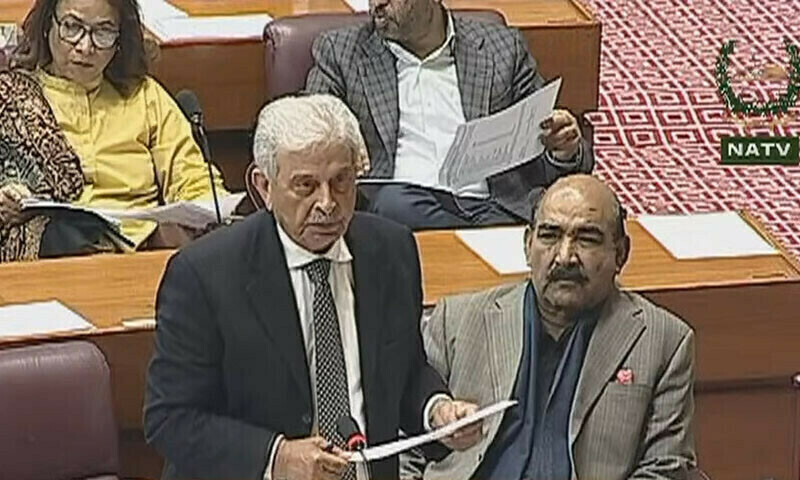Pakistan has joined this movement with significant amendments to its Prevention of Electronic Crimes Act (PECA).
On Thursday, the National Assembly approved the contentious “Prevention of Electronic Crimes (Amendment) Bill, 2025,” sparking debates among journalists and opposition leaders who protested its passage.
This blog delves into the key changes introduced in the new PECA amendments, their implications for digital rights, and how they aim to create a safer online environment.
Establishment of the Digital Rights Protection Authority (DRPA)
The amendments propose the creation of the Digital Rights Protection Authority (DRPA). This body will focus on safeguarding citizens’ digital rights and ensuring a secure online environment.
Why it matters:
- Ensures a central authority to oversee and enforce digital rights.
- Promotes accountability for handling unlawful online content.
- Disseminating fake or false information.
- These stricter measures are designed to deter malicious activities online and protect individuals from harm caused by misinformation.
The amendments provide a comprehensive framework to regulate, define, and manage unlawful online content. The Pakistan Telecommunication Authority (PTA) will continue enforcing the Removal and Blocking of Unlawful Online Content Rules, 2021.
- Blocking harmful or illegal content online.
- Providing oversight mechanisms to ensure transparency.
Specialized Investigation Agency for Cybercrime
The government plans to establish a dedicated cybercrime investigation agency under the PECA Act. This agency will be responsible for:
- Investigating cybercrime offences.
- Prosecuting cases with efficiency and expertise.
While the government views the amendments as a step toward protecting digital rights, opposition lawmakers and journalists have raised concerns:
- Lack of consultation: Critics argue the process lacked transparency and stakeholder input.
- Potential misuse: There are fears the law might be used to suppress dissent or target journalists.
- For Individuals: Greater protection against cybercrimes but potential challenges in navigating content regulations.
- For Businesses: Stricter compliance requirements for online platforms and content moderation.


